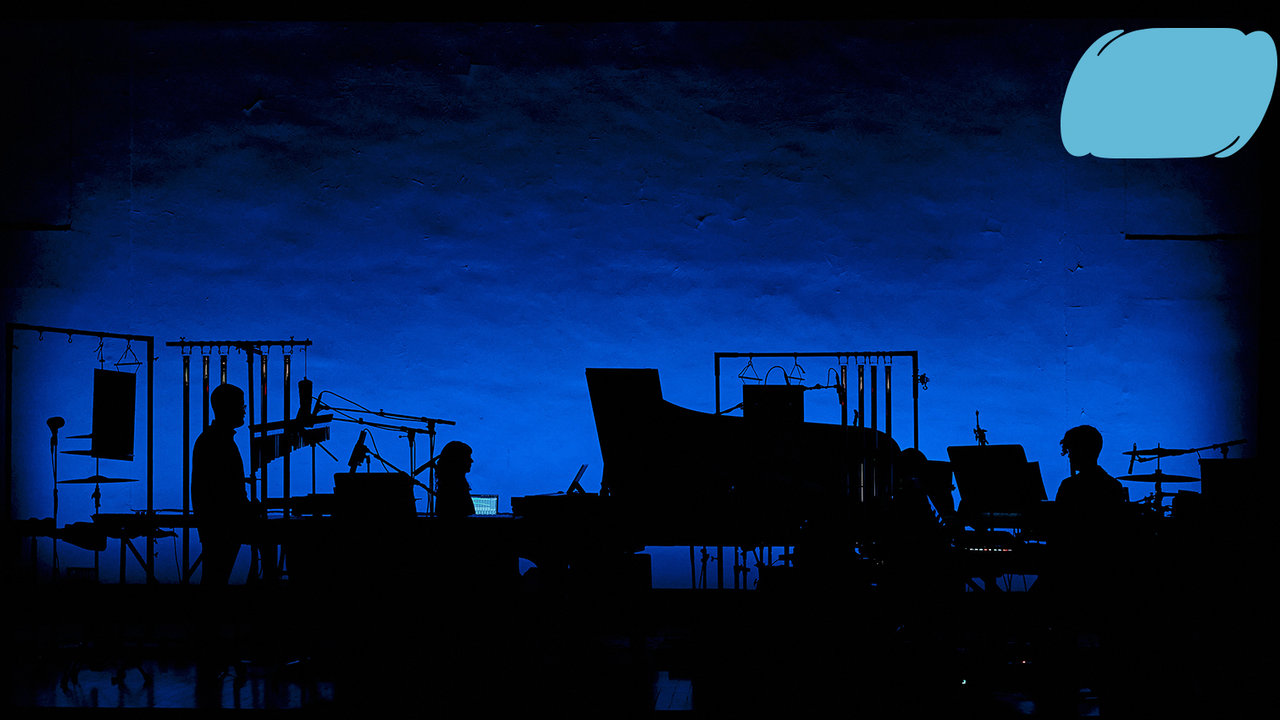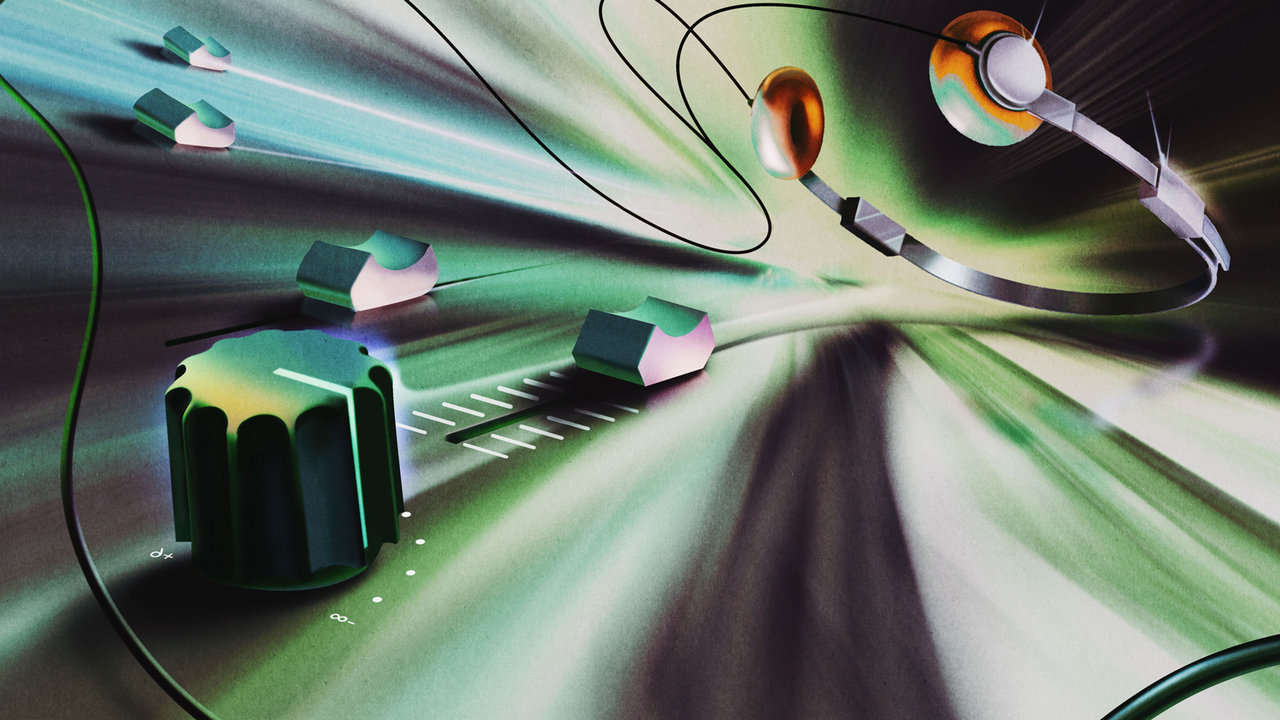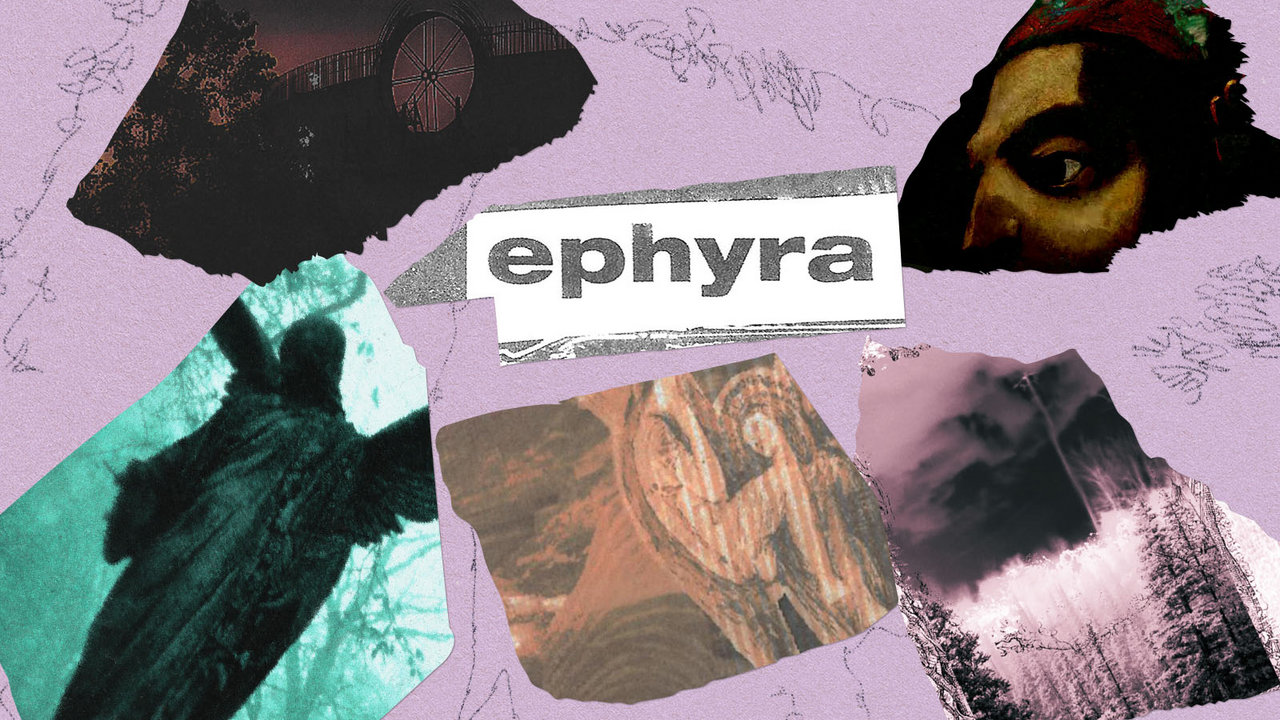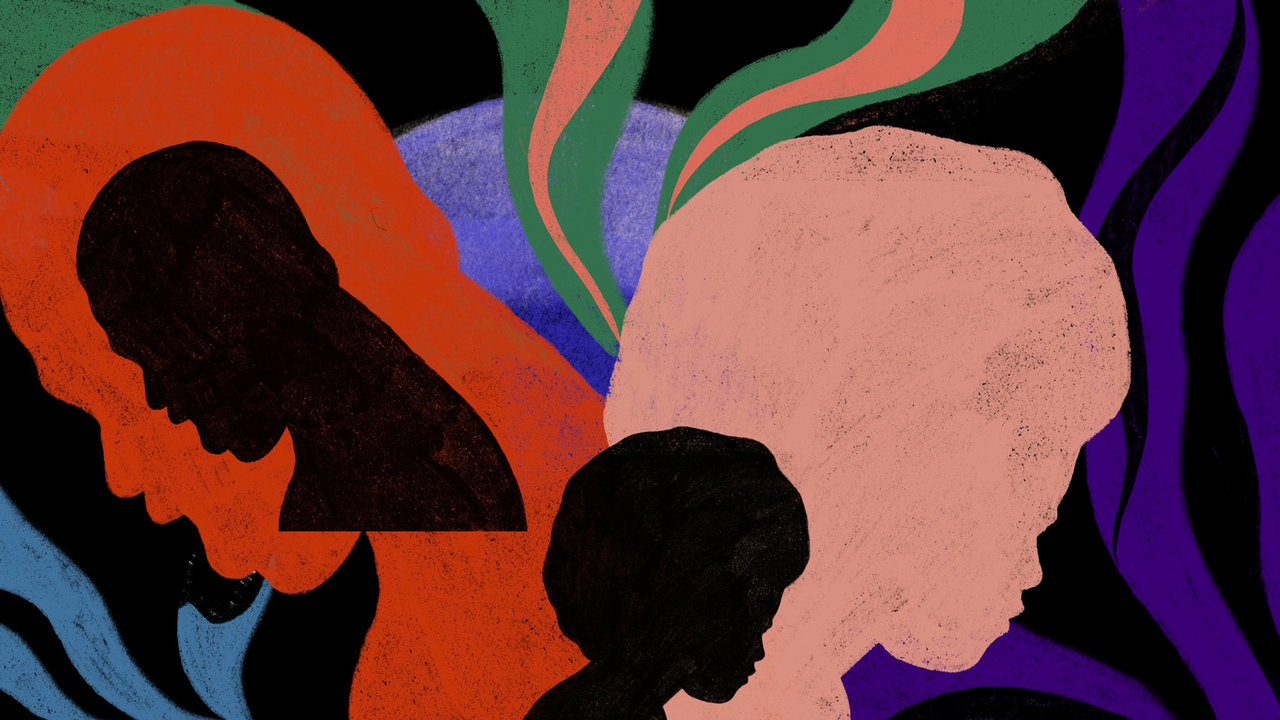
When English post-punk group Swell Maps split in 1980, various members of the group spun off in curious, quixotic ways. They’d left behind a small, but mercurial body of recorded work—a handful of singles, and two remarkable albums, A Trip To Marineville and …in “Jane From Occupied Europe”—that drew together such unlikely referents as the wonderland glam of Tyrannosaurus Rex, the hypnotic krautrock of Can and Faust, and the playful surrealism of TV series like Thunderbirds. Their trip was simultaneously avant-futuristic and playtime-DIY.
If Nikki Sudden was Swell Maps’s rock ‘n’ roll troubadour—evidenced by the Stones, Faces, and Thunders influences that informed his subsequent solo career—then the other Maps (Nikki’s brother Epic Soundtracks, Jowe Head, and Richard Earl, to name three more of the gang) took different routes. Soundtracks would eventually join Crime & The City Solution and These Immortal Souls before embarking on a solo career of his own. But in the early ’80s, he was still immersed in the post-punk world of the Rough Trade label and its satellites, playing drums with Mayo Thompson’s long-running group The Red Krayola and collaborating with the likes of Robert Wyatt.



Vinyl LP

When Swell Maps ended, though, Epic Soundtracks and Jowe Head decided to continue working together: “Epic and I were trying to move on from Swell Maps,” Head recalls, “which was to a great extent based on a guitar-centered format, to something more ambitious and imaginative.” “Rain, Rain, Rain,” their debut collaborative single, is a beautiful, enigmatic thing that grabs hold of the unerring rhythmic pulse that Soundtracks had located in krautrock and takes it someplace else entirely. Along with its equally mysterious b-side, “Ghost Town,” “Rain, Rain, Rain” should have been the entrée to Daga Daga Daga, a duo album that was planned for release by Rough Trade, but never completed due to Soundtracks and Head running out of funds for studio time. Now, after forty years of waiting in the wings, Daga Daga Daga is finally being released by the Glass Modern imprint.
For a long time, the album was pure myth for fans; a missed, incomplete opportunity for two Swell Maps to carve another path for themselves. That Daga Daga Daga has actually made it into the world, four decades later, is more due to fortuitous circumstances than any conscious planning. “Epic passed away in 1997, so I resigned myself to the unlikeliness of getting the project finished,” Head laments, thinking back. “Much later, I came across a few cassettes featuring rough mixes of various tracks, and I enjoyed it all immensely.” Driven by this unexpected finding, Head went to work: “I felt an urgent need to complete the project, partly to honor Epic’s memory and allow his musical talent to be recognized.”
Indeed, Daga Daga Daga works to subtly redraw how we might remember Soundtracks’s musical history. While he was certainly involved in some more avant-garde music over the years—the long, winding instrumentals on Swell Maps albums, for example—a kind of quiet consensus has settled in over the decades, painting Soundtracks as a songwriter of quiet charm, deeply influenced by the likes of Brian Wilson, Laura Nyro, and Alex Chilton. There’s nothing wrong with this picture at all, beyond its understating of Soundtracks’s more experimental side.

Vinyl LP

In Head’s case, this experimentalism was partly informed by the broader music climate in the early 1980s: “The wider context at the time was exciting; our contemporaries were radical musicians like Scritti Politti, Pop Group, DAF, the New York ‘No-Wave’ scene, and so on. All the musicians we respected seemed to be trying to invent new styles, and that was also what we were attempting.” Listening, finally, to Daga Daga Daga, it’s clear that Soundtracks and Head were onto something surprising.
It’s an album that benefits from its sense of space and patience; the songs develop in increments, Soundtracks and Head building details slowly, exploring the tantalizing possibilities of texture and timbre. The chiming guitar on the closing “Ghost Train,” underpinned by quietly tumbling drums, recorded as though dampened by cushions, is sublimely evocative, corralled by clatter and buzz from uncertain sources before a winding weave of feedback slips, snake-like, along the song’s contours.
Elsewhere, there are lovely gestures at almost-pop: the quiet, reflective “Red Sails” is a piano-led mantra that benefits from the vocal presence of Carmel McCourt, who’d later go on to a successful career as a jazz singer; she also appears on “Rain, Rain, Rain,” singing in a disaffected manner, caught in the song’s cosmic drift. “Epics Elegy” draws a tear-soaked guitar phrase out of a haze of drone and buzz; “Nearest Faraway Place” clangs as one of the duo mumbles, spooked and grumbling, into a microphone.
The latter was one of the few songs that Soundtracks and Head brought into the studio: “We did not go in with much actual material, apart from the riff for ‘Nearest Faraway Place’ and the lyric for ‘Sliding Down,’” Head recalls. “We had enough confidence in our creative relationship to rely on the buzz of our shared spontaneous energy, and our imagination, to come up with something. Sure enough, the sparks were flying straight away, ‘out of thin air,’ so to speak.” You can hear that magic in the questioning energy of Daga Daga Daga, its desire to draw some new creative parameters for these artists after they’d spent the best part of the prior decade in Swell Maps.

Vinyl LP

Soundtracks and Head paid for the album sessions themselves, working with John Rivers at the Woodbine Studio in Leamington (also where the Maps had previously recorded.) Once Rough Trade released the “Rain, Rain, Rain” single, though, the trail went cold. “[The single] got kind of overlooked because [Rough Trade] seemed to be more preoccupied with promoting with the likes of Scritti Politti and Aztec Camera, who were being groomed to have hit records! We’d financed our own recordings up to that point, but we simply ran out of money to complete an album, and [Rough Trade] did not seem inclined to help us with that.”
“We were both frustrated with that situation,” Head says, “but we vowed to finish it one day.” It might have taken forty-something years, and some studio and mixing trickery, but Daga Daga Daga is finally here, a testament to the inspired, feverish creativity of two quiet giants of the English underground.









